It’s summer-time and this means that a large number of parents would be enrolling their kids in summer sports camps. While it means that children will get healthier and learn about sportsmanship, it also means that many parents start their metamorphosis into ‘sports parents.’

In simple terms, a sports parent is a parent of a child who participates in sports. This article becomes important when we realize the extensive impact that parents play in their children’s mental health and their sports performance. The sports parent is far from just being a cheerleader, but in fact advocates for their child’s needs, while actively helping them maneuver challenges.
What is Your Role as a Sports Parent?
While it super-cool to see parents taking an active interest in their child’s sport and working towards a goal, it is simultaneously painful to realize that many of them simply do not understand their role as a sports parent.
When sports parents do not realize what their actual roles are, they tend to over-step boundaries, and wear multiple hats at the same time. This can blur roles for the child and can also interfere with their performance. There have been multiple instances where I as a Sports Psychologist had to sit down and counsel sports parents to stick to their roles, since their behavior was negatively affecting their child’s game.
Let’s look at a few clear roles of the sports parent. If you are a sports parent, these can help you understand your responsibilities better.
- Motivation: Of course, this becomes the first and most crucial role of a sports parent. Parents are the biggest cheerleaders of their child, both on and off the field. While others may not motivate the athlete all the time, sports parents need to be unwavering in this area, encouraging their ward even when the tides have turned against them.
- Advocacy: Second to being their motivator, sports parents are also the first advocates for their child. Advocacy essentially means being the spokesperson. The sports parent will communicate with coaches and other staff on behalf of the child.
- Celebrating successes: Whenever the child achieves some goal that they have set for themselves, the sports parent has the responsibility of celebrating it. This is an extension of being a motivator for the child. If success is not celebrated or acknowledged, the child may lose interest in their game.
- Logistics: Yes, there is quite a bit of logistics when it comes to sports-parenting. There is quite a bit of scheduling, transport, buying equipment, etc. that requires a lot of investment.
While these roles are common knowledge for many parents, there are a few which are not so well-known. However, from a Sport Psychologist’s point of view, these roles are highly crucial and essential for every sports parent to follow.
- Role-modeling: The sports parent needs to be the best role-model for the child to follow. They cannot expect the child to follow a routine of discipline and optimism, if they themselves do not follow these in their daily lives. When they lead by example, the child has a lot more incentive to follow.
- Ensuring balance: While most sports parents do make sure that their child is eating well and maintaining a healthy lifestyle, many do not think about mental balance. Professional sports is never non-stressful, and sports parents need to be aware of signs and triggers that their child is not doing mentally well, and that they need more help.
In this area, speaking to a Sports Psychologist can definitely help. Drop an email at mindyourwicket@gmail.com for more insights.
- Realistic expectations: While imagination is truly a blessing, it is also important for children to be mentally prepared to face reality. An ideal sports parent would ensure that their child has realistic goals. This is important for not only mental health, but also optimizes mental performance.
How to Create a Positive Environment for Your Child?
Perhaps the most important thing that a sports parent needs to do for their child is creating a positive and supportive environment. This becomes crucial since the sports-world is tough and excruciating. A budding athlete always needs a nurturing environment to come back to, and looks up to their parents for this.
At the same time, there are certain nuances when it comes to creating a positive environment as a sports parent. In the following points, I have described a few ways through which you can design such a culture and environment for your athlete.
- Don’t be a Negative Nancy
The best way to help your child be positive is to be positive yourself. Pessimism is painfully contagious, but so is optimism. This does not mean that you need to be far-removed from reality. But, it means being optimistic of the realistic goals and expectations set in front of you.
- Sportsmanship>Everything Else
As a sports parent, your chief aim should be to guide your child to practice sportsmanship above anything else. I have encountered numerous parents who encourage and coerce their child to be selfish in their game, even going as far as asking them to cheat to win.
This may add successes on the field, but takes away the most important point of sports – sportsmanship. In fact, it can even tarnish the relationship you have with your child since they compromise their respect for you.
- Emulate Teamwork at Home
The previous point means that your child needs to place plenty of importance on communication and teamwork in their game. These principles need to be deeply ingrained in their minds, if you want your child to follow them on the field. One splendid way to do so is to overtly follow them at home in family settings.

Making it a point to openly communicate with each and work together as a unit at home means that your child has room to come up with their own style of doing things, and also have room to make mistakes and learn.
- Feedback and Not Criticism
A sports parent is not only their child’s biggest cheerleader, but also their most important observer. When you get back to your child with your observations, make sure that you are providing valuable feedback, and not just criticism. Your child will thrive when you give feedback, but might feel discouraged amidst criticism.
Maintaining Healthy Relationships
Another important aspect of being a sports parent is maintaining healthy relationships with others who are important for your child’s game. This is yet another section that is often misunderstood and misinterpreted. Hence, we see many sports parents overstepping boundaries and creating conflicts unnecessarily.
These relationships are not only limited to parent-coach relationships, but even parent-parent relationships and relationships with the support staff, nutritionist, sport psychologist, etc. When these relationships are positive and healthy, it is guaranteed that your child will also train in a nurturing environment.
The saying, ‘It takes a village to raise a child’ is certainly true. Creating a supportive network with other parents can help your child in their advocacy, training, mental health and ultimately their performance.
Real-life Examples of Awesome Sports Parents
Dell Curry
Dell Curry is the father of Stephen Curry, a stunning basketball legend who plays currently for the Golden State Warriors. Dell was a basketball player himself, having spent more than 15 years in the NBA.

In an interview with ESPN, Stephen Curry mentions how his father was an incredible role-model. Rather than forcing his son to take up basketball and train hard for it, Dell allowed Stephen to take his own unique path in the game.
Wanda Pratt
Kevin Durant, a basketball player who plays for the Phoenix Suns, is another example of a real-life successful sports parent. The 2014 MVP award winner credits his mother, Wanda Pratt, as his secret weapon and the ‘real MVP.’
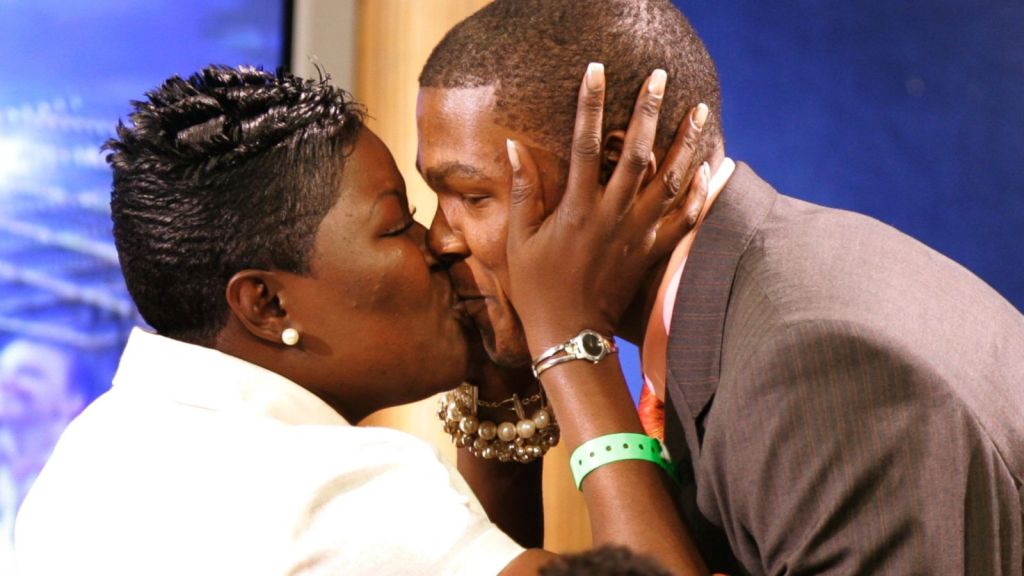
As a single mom, Pratt decided early on that the needs of her children were first. She was Kevin’s biggest cheerleader, motivating to train harder and encouraging him when the chips were down.
Pat Mahomes
Pat Mahomes, is the father of Patrick Mahomes II, who is a quarterback for the Kansas City Chiefs. Pat is another superb example of what being always there for your child can do. Pat always makes sure that he speaks to his son before and after his games.

As his father and no.1 fan, Pat openly showed his unconditional love for Mahomes II, no matter the outcome of the game. This is the type of strong bond that sports parents need to have with their kids.
Conclusion
Being a sports-parent is not always easy and requires many sacrifices. But, seeing your child achieve their dream because of something that you have done is quite rewarding. Always remember to focus on helping your child enjoy the process, and not just the wins or the losses.
References
What makes an expert sports parent?
https://www.forbes.com/sites/bobcook/2013/05/29/how-to-become-a-better-sports-parent-stop-caring
https://ymcagbw.org/blog/five-ways-be-great-sports-parent
https://www.verywellfamily.com/how-to-be-a-good-sports-parent-4065147
Top 10 Tips For Sports Parents
https://www.momsteam.com/successful-parenting/being-successful-youth-sports-parent-not-easy
https://mojo.sport/coachs-corner/sports-parent-resolutions
https://www.theguardian.com/sport/blog/2015/dec/01/the-joy-of-six-athletes-pushy-parents

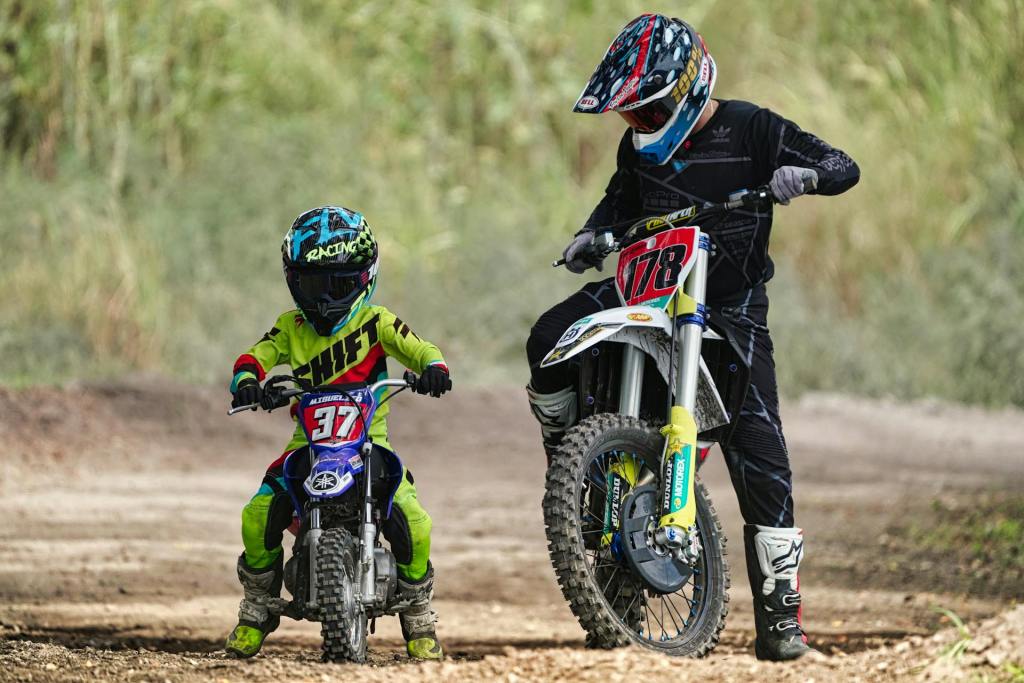


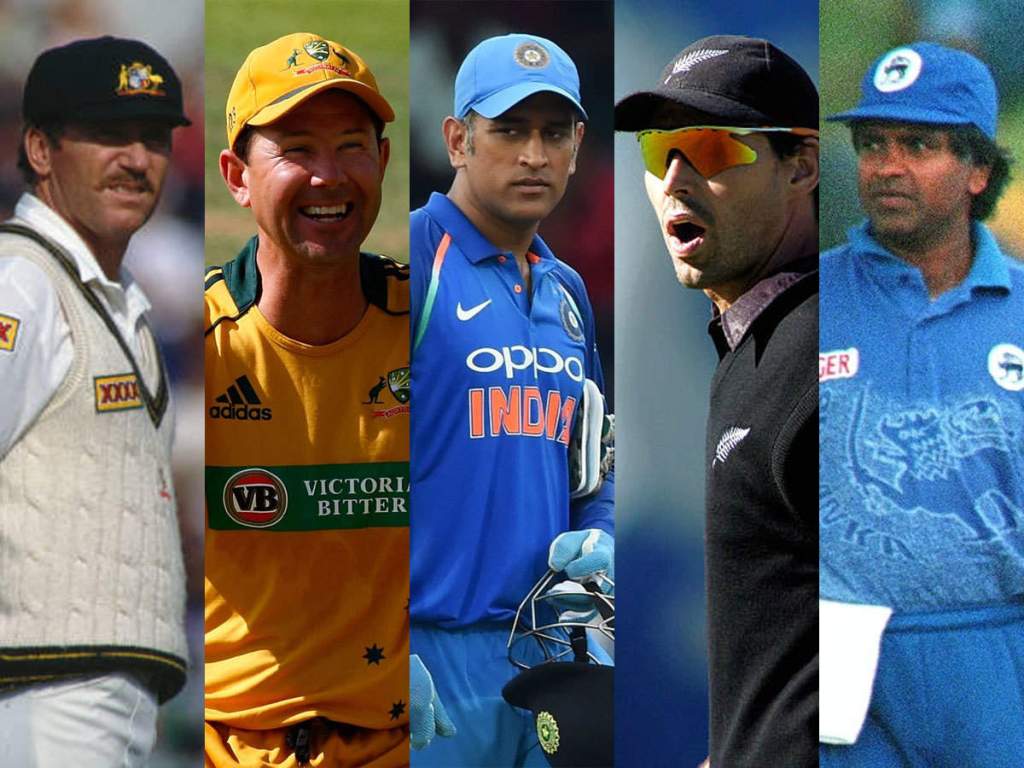

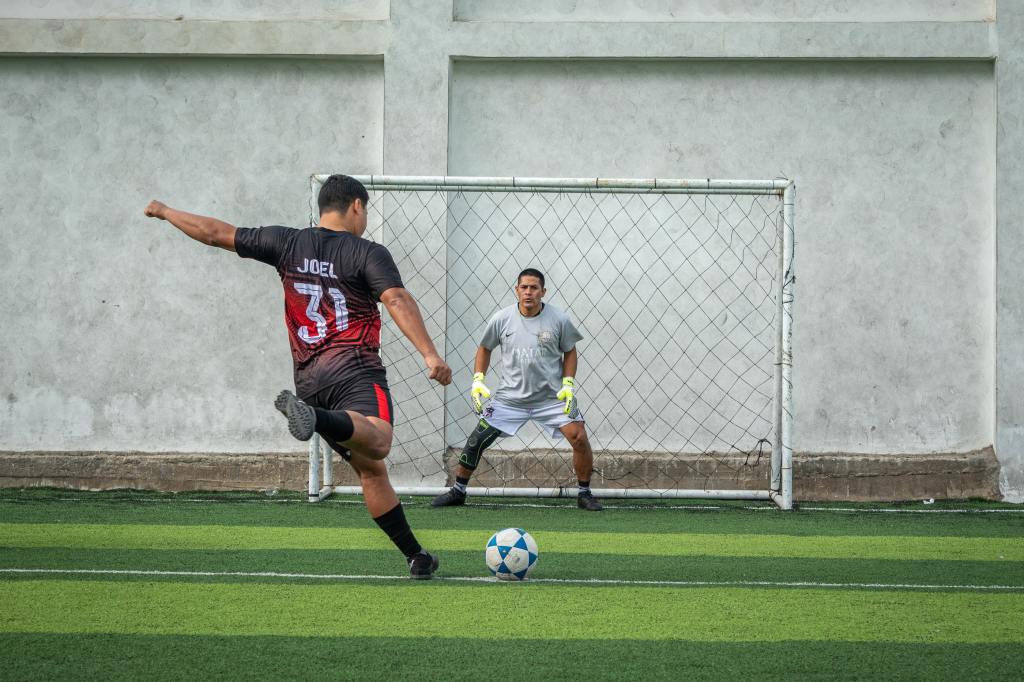
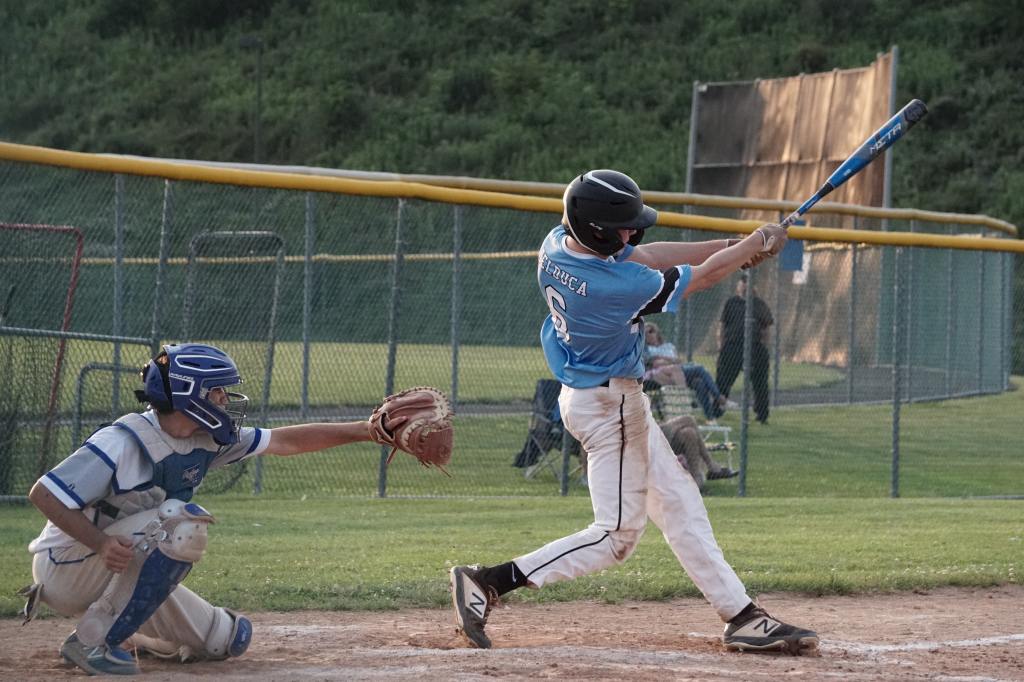
Leave a comment